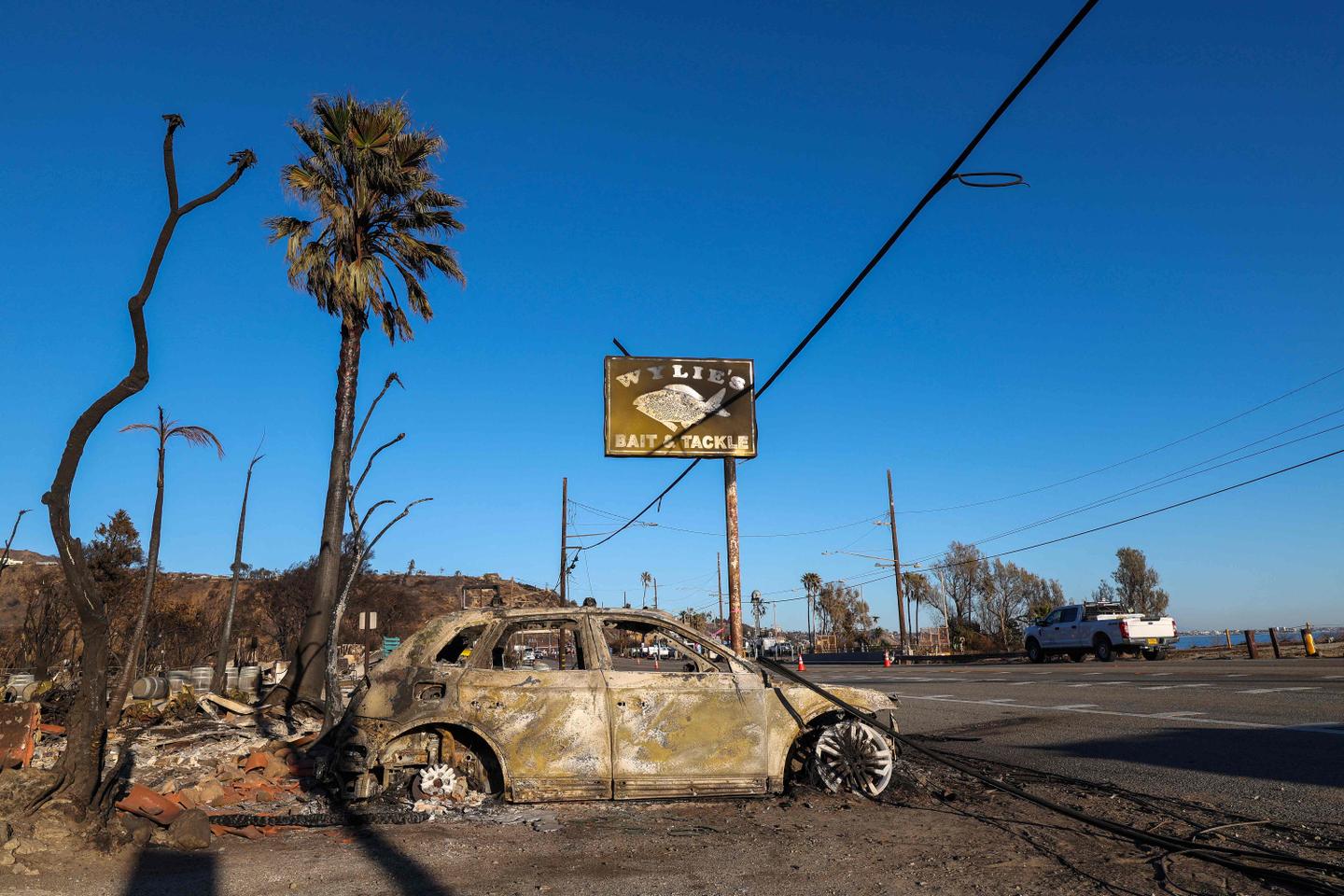


It's impossible to dream of a better scenario for a sequel to Don't Look Up. In that 2021 film, director Adam McKay portrayed a society incapable of reacting to a major emergency: the arrival of a meteorite that would destroy the Earth, in a metaphor for the climate crisis. Today, monstrous wildfires devastate Los Angeles as 2024 was declared the hottest year on record, exceeding for the first time the 1.5°C global warming threshold, the most ambitious limit set by the Paris Agreement at the end of 2015.
Yet the United States will be led from January 20 by Donald Trump, who calls climate disruption a "hoax." He wants to extract ever more oil and gas, fossil fuels that heat up the climate, fueling the severity of said fires.
Current events offer yet another – literal – illustration of the fact that "our house is burning down and we are looking elsewhere," as French President Jacques Chirac said in 2002. To back up his words, Chirac had referred to the "natural disasters" striking Europe. Twenty-three years later, we continue to use this term for every calamity, in Los Angeles as in Mayotte, in Valencia as in Florida.
There are no natural disasters. That term is a misnomer that removes humanity's sense of responsibility, evoking the planet's wrath in the face of which we are powerless to act. Of course, natural hazards do exist, but it's the choices we make in terms of urbanization, land-use planning and public policy, as well as the socio-economic context, that transform them into disasters. Exposure and vulnerability are the result of human decisions. Due to demographic pressure, Los Angeles authorities built massively in fire-prone areas, with houses assembled on the edge of the forest and often using timber frame construction. Water management has always been a complex issue in this arid zone.
More and more backtracking
Added to this first problem is the fact that, with the exception of earthquakes, the overwhelming majority of disasters are now fueled or caused by man-made global warming. Heatwaves, floods, droughts, fires and hurricanes are made more intense and/or more frequent by rising global temperatures. This surge is caused by the ever-increasing concentration of greenhouse gases in the atmosphere due to the burning of fossil fuels.
You have 56.31% of this article left to read. The rest is for subscribers only.
